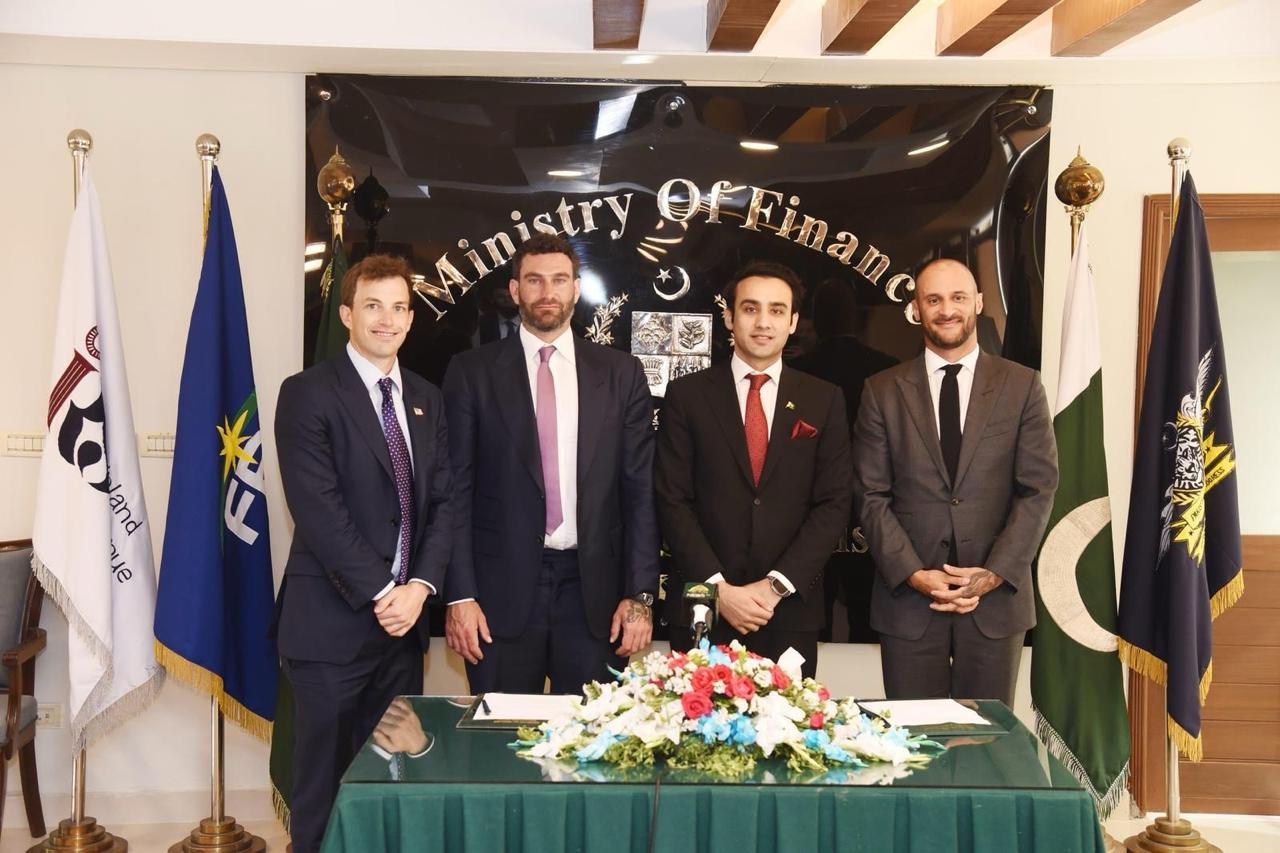In the shifting landscape of 21st-century diplomacy, where code is becoming as consequential as conventional statecraft, one of the most intriguing geopolitical experiments isn’t unfolding in D.C., Beijing, or Brussels — but in Islamabad, led by a man many in Washington have never heard of.
Bilal Bin Saqib, the 30-something CEO of the Pakistan Crypto Council, isn’t your typical power broker. A graduate of the London School of Economics, a Forbes 30 Under 30 honoree, and a recipient of the British MBE, his career spans humanitarian work, tech entrepreneurship, and now, quietly, diplomacy.
But unlike traditional diplomats, Bin Saqib isn’t negotiating trade deals or military pacts. He’s brokering influence through digital infrastructure, leveraging blockchain technology as a tool of foreign policy — a concept increasingly known as tech diplomacy.
His recent appointment as an advisor to World Liberty Financial (WLFi) — a blockchain initiative backed by U.S. conservative financiers close to President Donald Trump — signals more than personal prestige. It represents a tectonic shift in how emerging markets like Pakistan are attempting to reposition themselves on the global stage: not as aid recipients or crisis managers, but as architects of decentralized, cross-border economic systems.
It’s a bold gambit — and one that may just work.
Bilal Bin Saqib has opted to build parallel bridges with American tech-aligned capital. His PCC-WLFi alignment offers an entirely new vector of U.S.-Pakistan cooperation — one grounded in blockchain, not bureaucracy.
There’s precedent for this shift. As U.S. foreign policy increasingly grapples with how to compete in a multipolar, tech-powered world, non-state actors with influence in digital ecosystems are becoming strategic assets. Whether it’s Elon Musk in Ukraine or crypto infrastructure in Latin America, the boundaries between diplomacy, tech, and finance are blurring fast.
Pakistan, through Bin Saqib’s lens, isn’t seeking sympathy. It’s seeking symmetry — a partnership based not on dependency, but on innovation.
Critics may question WLFi’s political associations or the feasibility of crypto-enabled diplomacy in a region as complex as South Asia. That’s fair. But dismissing this entirely is to misunderstand where global influence is heading. In the coming decade, the most effective diplomacy may not emerge from embassies but from protocols, platforms, and people who know how to build both.
Pakistan has long been viewed through the narrow lens of security and aid. But if this experiment in tech-forward engagement continues to gain traction, Washington may find in Islamabad not just a regional concern, but a willing collaborator on the frontier of digital statecraft.
And Bilal Bin Saqib? He may not wear a pinstripe suit or carry a diplomatic passport. But in a world desperate for new models of influence, he may just be one of the most important envoys of the emerging order.

